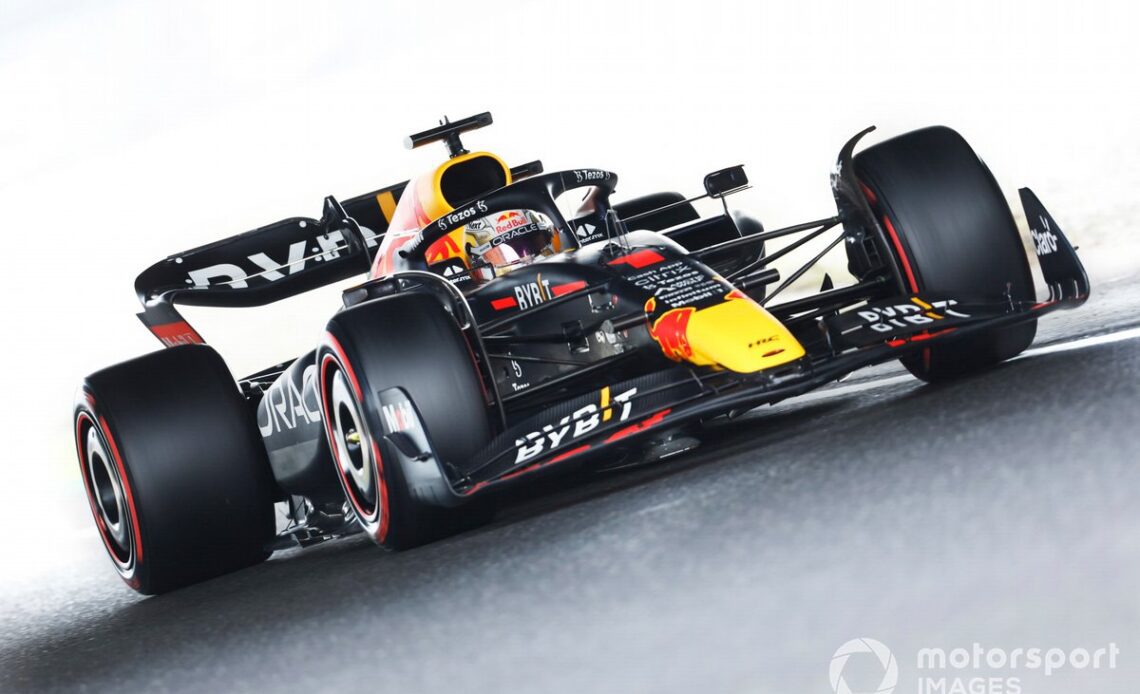How fitting that Red Bull is about to launch its 2023 Formula 1 season in New York City. At first glance, a glitzy livery unveil in the world’s most-recognisable metropolis is wholly in keeping with the outfit’s incredible marketing campaigns that no other grand prix team comes close to matching.
But the reason for crossing the pond is much more significant this time around: in another very poorly kept secret, Red Bull is set to announce a strategic partnership with Ford.
In the shadow of the torch-carrying Statue of Liberty, the energy drink company will reunite with an old flame. And the reason Milton Keynes and Michigan reckon they can make the romance work at the third time of asking is because of the freedom at the heart of union. Intentional or otherwise, there’s no shortage of symbolism.
Of course, it wasn’t meant to be like this. Eight months ago, the t’s were being crossed and i’s dotted on a press release confirming that Red Bull would collaborate with Porsche for the advent of the 2026 engine regulations. This landmark news was set for the Austrian GP, the team’s home race. However, the announcement would never escape from the ‘Drafts’ folder.
Concern had grown that Christian Horner and co weren’t going to be afforded the autonomy necessary to maintain the structure that was about to land Max Verstappen his second drivers’ title in succession and return Red Bull to the top of the constructors’ championship for the first time since 2013. Then in September, it was confirmed that the deal was completely off.
Horner alluded to the culture clash, saying: “Red Bull has always been an independent team. It’s been one of our strengths; it’s been the backbone of what we’ve achieved and our ability to move quickly. It’s part of the DNA of who we are.
An expected Porsche deal did not grant Red Bull the autonomy it expected
Photo by: Zak Mauger / Motorsport Images
“We’re not a corporately operated organisation, and that is one of our strengths in how we operate as a race team. That is an absolute prerequisite for the future.”
Horner was speaking at a time when the newly established Red Bull Powertrains division was imminently about to stick a 2026-specification engine on the dyno and the late Red Bull co-founder Dietrich Mateschitz in declining health. In that context, major investment to secure the long-term future of the F1 project has always been the preferred option. Hence, once the Porsche deal fell through, speculation…
Click Here to Read the Full Original Article at Motorsport.com – Formula 1 – Stories…

